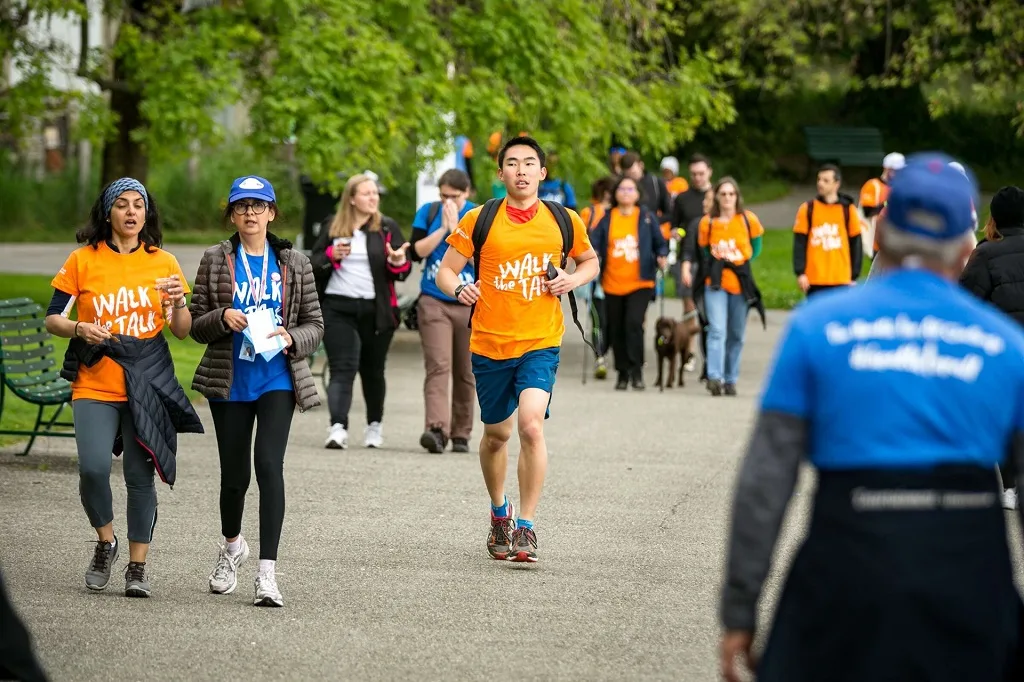How Active Sports Influence a Person’s Condition and Health

Active sports play a crucial role in maintaining and improving a person’s overall health and condition. Engaging in physical activities such as running, swimming, cycling, and team sports not only boosts physical fitness but also has a profound impact on mental well-being. This article explores the various ways active sports contribute to a healthier lifestyle, emphasizing the importance of regular participation in such activities.
Physical Benefits of Active Sports
Participating in active sports offers numerous physical health benefits. Firstly, regular physical activity helps in maintaining a healthy weight by burning calories and boosting metabolism. This is particularly important in the fight against obesity, which is a major health concern globally. Additionally, sports improve cardiovascular health by strengthening the heart muscles, enhancing blood circulation, and reducing the risk of heart diseases.
Furthermore, engaging in sports activities enhances muscle strength, flexibility, and endurance. For instance, activities like swimming and gymnastics promote full-body workouts that build muscle mass and improve overall physical performance. Regular participation in sports also strengthens bones, reducing the risk of osteoporosis and fractures in later life. Overall, the physical benefits of active sports are extensive, contributing significantly to a healthier body.
Mental Health and Emotional Well-being
The positive effects of active sports extend beyond physical health; they also play a vital role in enhancing mental health and emotional well-being. Regular physical activity has been shown to reduce symptoms of anxiety, depression, and stress. This is largely due to the release of endorphins, the body’s natural mood lifters, during exercise. These endorphins help in improving mood and promoting a sense of well-being.
In addition to reducing stress, active sports can also improve cognitive functions. Engaging in physical activities boosts brain health by increasing blood flow to the brain, enhancing memory, and promoting better concentration. Sports also teach valuable life skills such as teamwork, leadership, and resilience, which can positively impact a person’s mental health. Therefore, active sports are essential for maintaining not just physical, but also mental and emotional health.
Social Benefits of Sports Participation
Active sports provide significant social benefits that contribute to a person’s overall well-being. Participating in team sports, for instance, fosters a sense of community and belonging. It provides an opportunity for individuals to interact, build friendships, and develop social networks, which are essential for mental health. Sports also teach important social skills such as communication, cooperation, and conflict resolution.
Moreover, being part of a sports team or club can enhance self-esteem and confidence. Achieving personal or team goals in sports can provide a sense of accomplishment and pride, boosting self-worth. This positive reinforcement is crucial for developing a healthy self-image and maintaining motivation in other areas of life. Therefore, the social benefits of participating in active sports are invaluable in shaping a well-rounded individual.
Long-term Health Benefits
Engaging in active sports from a young age can have lasting health benefits that extend into adulthood. Regular physical activity helps in developing healthy habits and lifestyles that can prevent chronic diseases later in life. For instance, individuals who engage in sports are less likely to develop conditions such as type 2 diabetes, hypertension, and certain types of cancer.
Additionally, maintaining an active lifestyle through sports can delay the onset of age-related health issues such as dementia and arthritis. Physical activities keep the body agile and the mind sharp, promoting longevity and a higher quality of life. Therefore, the long-term health benefits of active sports are significant, making them a vital part of a healthy lifestyle.

Improving Sleep and Energy Levels
Active sports can greatly improve sleep quality and energy levels. Regular physical activity helps regulate sleep patterns by reducing the time it takes to fall asleep and enhancing sleep duration and quality. Good sleep is essential for overall health, as it allows the body to recover and rejuvenate.
Moreover, participating in sports boosts energy levels by improving overall fitness and reducing fatigue. Engaging in regular physical activity enhances the efficiency of the cardiovascular system, ensuring better oxygen and nutrient delivery to tissues. This increased energy can improve productivity and overall performance in daily activities, contributing to a more active and fulfilling life.
Encouraging a Balanced Lifestyle
Incorporating active sports into daily routines encourages a balanced lifestyle. It promotes the importance of physical activity as part of a healthy routine, complementing other aspects such as a balanced diet and sufficient rest. A balanced lifestyle, in turn, leads to better health outcomes and improved quality of life.
Moreover, engaging in sports can provide a constructive outlet for stress and negative emotions, promoting mental and emotional balance. It encourages discipline, time management, and goal-setting, which are essential for personal and professional success. Therefore, active sports are a key component in achieving and maintaining a balanced and healthy lifestyle.
